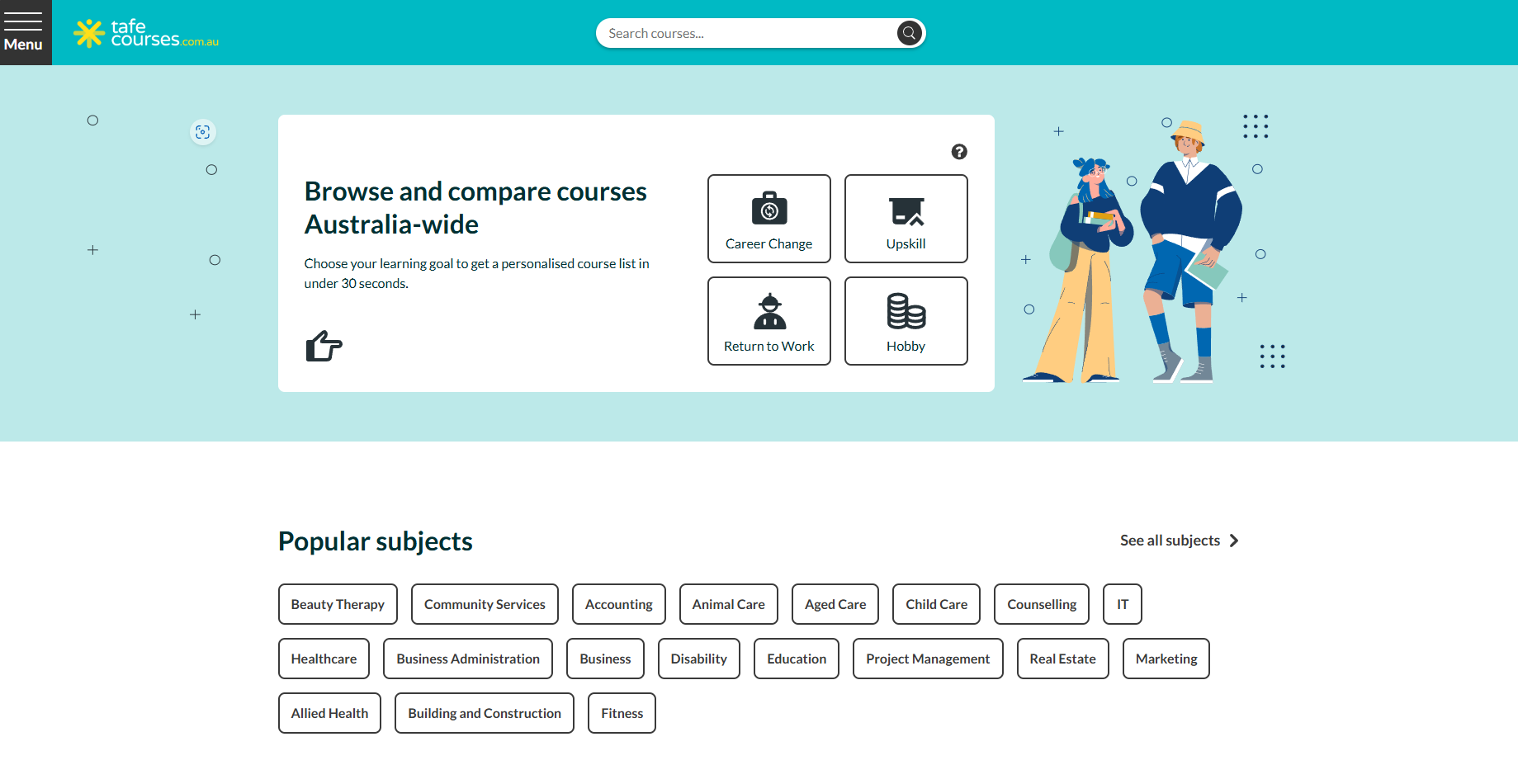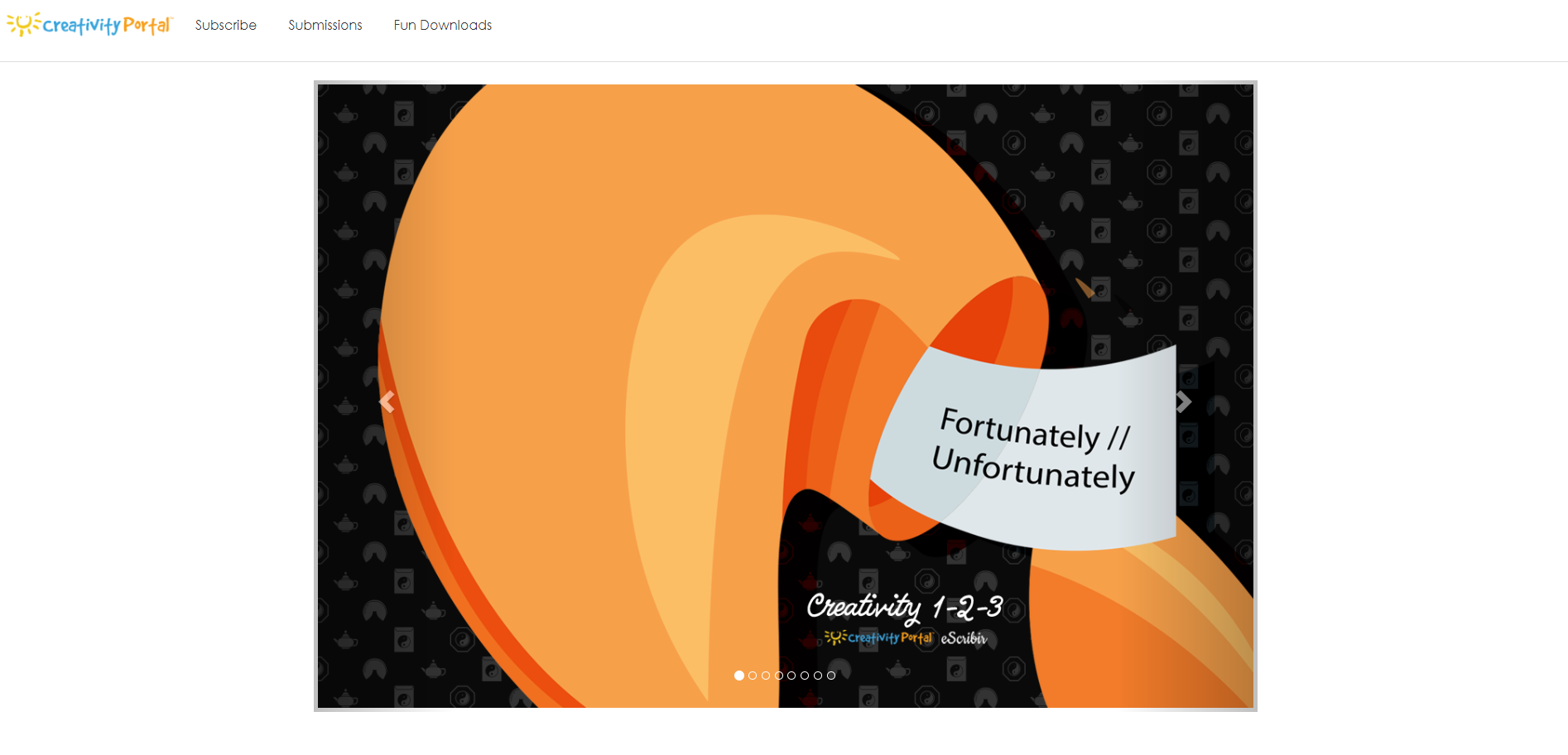Overview
There is plenty of evidence to suggest learning something new is good for your mental well-being and happiness. Whether it’s picking up a new hobby, exploring a new subject, or training for a new job, you stand to gain all kinds of benefits from carving out a little time to learn something new. When you’re busy learning, especially when it’s something you find interesting, you’ll naturally pique your curiosity. Research shows that curious people feel more positive emotions, less anxiety, and are overall more satisfied with life and the world around them.
Ways to bring learning into your life
If you want to make learning a bigger part of your life, start by finding out what you are curious about. Notice what repeatedly draws your attention. Are you often wondering about or looking up information on a particular topic? Is there a particular topic you would like to know more about? Seeking more information about the things that interest you or the activity you’re curious about is a great place to start. You might begin by researching online, asking a librarian to help you find books on the topic, signing up for a course, or volunteering in the area that interests you.
Consider telling someone you feel comfortable with (a friend, family member or health professional) about your interest in learning something new. Ask them to help you explore what your area of interest might be.
If you lose interest in learning about a topic after exploring it in depth, move on to something else. Stay curious. If you’re looking for a new job, consider one related to the topics you’re exploring. Following your curiosity does not mean you have to have all the answers. Ask yourself what you’re curious about see where it takes you.
Different types of learning and education
Learning doesn’t only mean enrolling in courses or getting formal qualifications. There are lots of ways to keep learning. For example:
- Learn to cook a favourite dish
- Visit a gallery or museum and learn about a person or period in history that interests you
- Learn to use a new computer program
- Learn how to play a board game, for example, chess
- Subscribe to a magazine or journal on a topic of interest to you
- Volunteer at a place of interest (for example, a wildlife rescue centre, a library, a farm, a sporting club)
- Watch YouTube to learn how to fix something that is broken around your home, for example, a bike, a cupboard door
- Visit a local men’s shed to see what they do. You don’t have to go back if it’s not for you
- Join a local community garden
- Go along to a local choir
- Learn to speak a new language or to play a musical instrument (online or face-to-face)
- Rediscover an old hobby you used to love, for example, drawing, sewing, knitting, and making model aeroplanes.
- Check out local community groups to see what activities they run. Use this link to find a local neighbourhood centre to explore what is on offer: https://www.anhca.org/
Search for search international courses, including some that are free, here: https://www.coursera.org/
What are the mental health benefits of learning and education?
Research shows that people who engage in learning feel better about themselves and cope better with stress and anxiety. Learning something new can:
- Can give you a sense of purpose and meaning
- Improve your brain health and memory
- Increase your mental wellbeing and happiness
- Foster connection with others
- Enhance your sense of hope
- Increase self confidence
If I am studying and I feel like my mental health is declining, what can I do?
- Most formal education services will have a study support policy in place. Ask to see this and speak to the person coordinating your course.
- Don’t be afraid to take a break when you need to. If you have enrolled in a VET or university course, you can apply for time away from your studies without penalty.
Other tips that may help you stay on track:
- Use a calendar to document key dates and plan in advance to meet deadlines
- Install an app on your phone or computer to block distractions when you are learning
- Study with others
- Schedule regular breaks
- Listen to music to help you relax
- Make sure you get enough sleep
- Exercise and eat healthy food
Be a lifelong learner and enjoy the benefits it can bring to your mental well-being.
Other free resources and websites for self-learning include
If you are interested in gaining new knowledge by doing a course or getting formal qualifications, you might like to explore VET/TAFE courses, university courses or courses offered by private institutions. Many VET and university courses are offered online.
- VET (Vocational Education and Training) courses (also known as TAFE). VET courses include certificates I to IV, diplomas and advanced diplomas. Click on this link to explore the areas of study available: https://www.training.com.au/vet-courses/ OR here to search for a nationally accredited course https://training.gov.au/
- University courses offer bachelor’s degrees, graduate certificates, graduate diplomas, master’s degrees and doctoral degrees. To find out more, search the name of the university you are interested in studying through and then search for their courses. OR, click on this link to search for university courses, including short courses: https://www.courseseeker.edu.au/
- Private institutions. There are many privately owned and operated agencies that offer courses of study. Ask about the full cost when making an inquiry.



